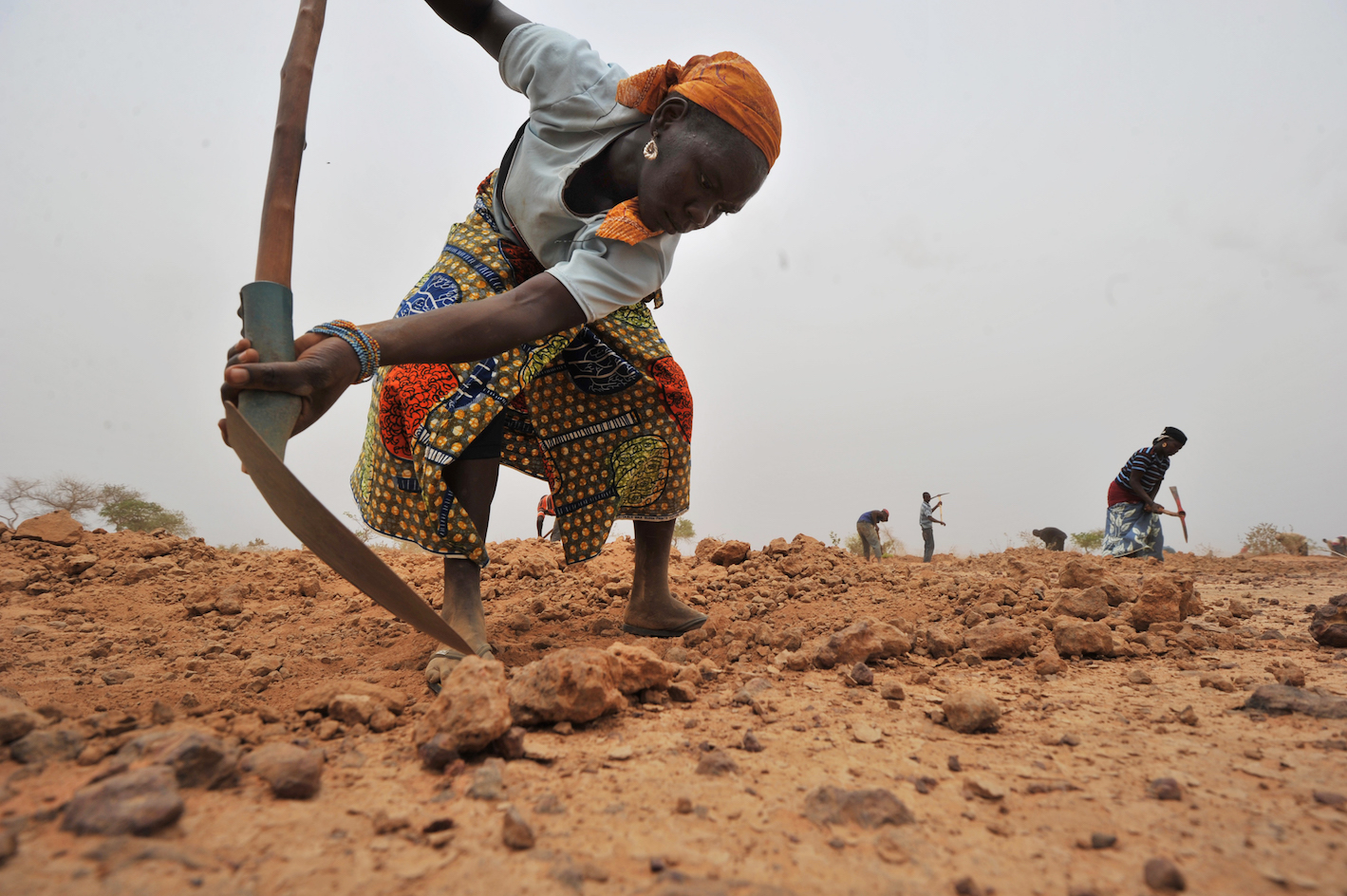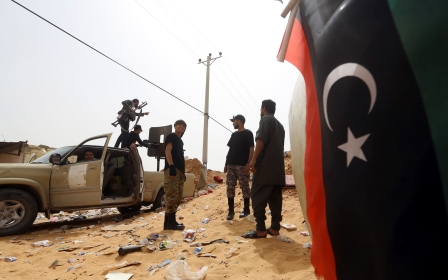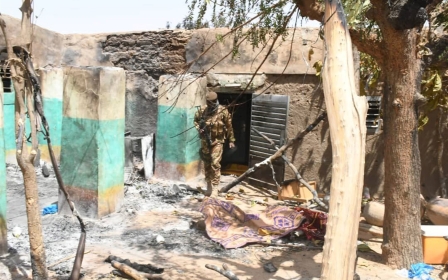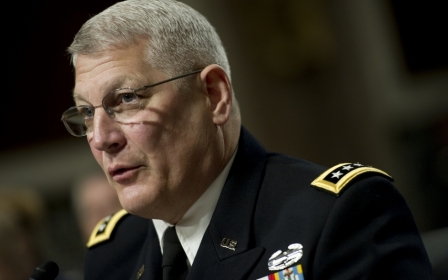Sahel violence can't be separated from poverty and climate crisis
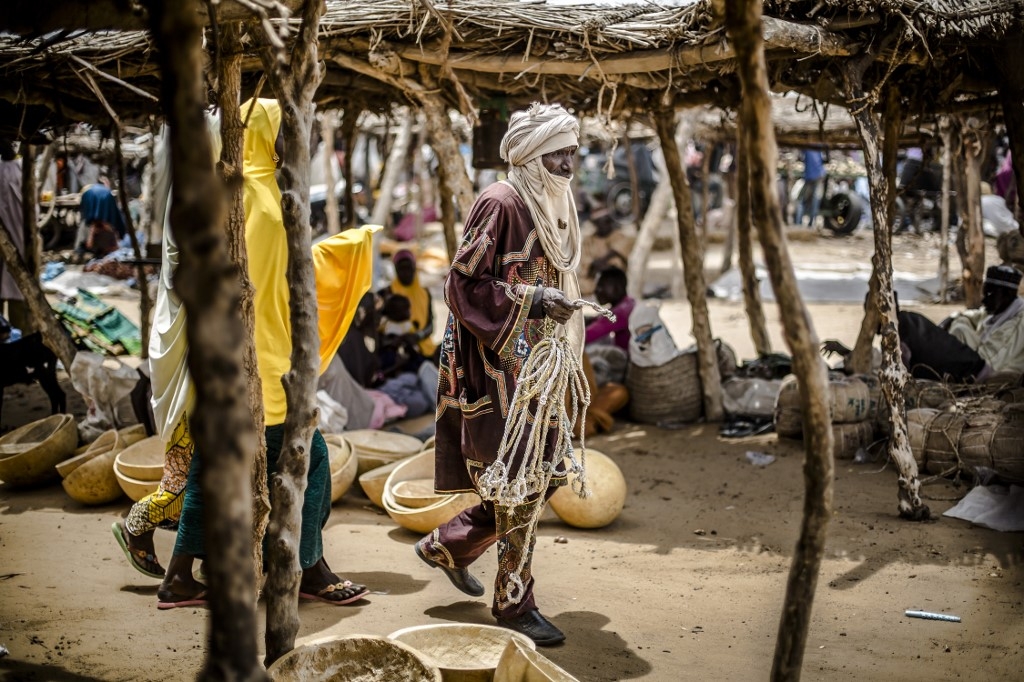
Since the French military launched Operation Serval, followed by Barkhane, in Mali in 2012, there has been a profusion of security analysis about the Sahel region, with a focus on terrorism and organised crime.
Violence in the region has intensified recently with militant attacks and French-led forces involved in actions killing dozens of fighters last month. In December, French forces killed 33 fighters in Mali near the border with Mauritania.
In January the UN envoy for West Africa told the UN Security Council that attacks have increased fivefold in Burkina Faso, Mali and Niger since 2016.
The focus of analysis on security is absolutely valid, but these analyses should also take into consideration other thorny issues, including climate change, population growth and economic sluggishness.
If no rapid and relevant answers are found, these issues will plunge the whole region into chaos.
New MEE newsletter: Jerusalem Dispatch
Sign up to get the latest insights and analysis on Israel-Palestine, alongside Turkey Unpacked and other MEE newsletters
Four countries have become a major source of preoccupation for the African continent in general, and the northwestern region in particular: Mali, Niger, Chad and Burkina Faso. Each of these four Sahel states has been suffering from extremely low economic growth, leading to a multidimensional crisis.
Restrained development
Of 189 countries listed in a recent United Nations Development Programme report, most of the top 20 least developed states are in sub-Saharan Africa: Burkina Faso (182), Mali (184), Chad (187) and Niger (189).
A common feature of sub-Saharan African countries is that economic growth is concentrated in urban areas and larger cities, while rural areas are overlooked, which inevitably restrains these countries’ broader economic development. Access to main roads and electricity remains difficult.
As more people move from rural areas ... in search of work, slums around big cities have grown, fuelling animosity and xenophobia among the urban populations
In Chad, few villages are located less than five kilometres from a main road, making the transport of goods and people extremely difficult. In Niger, only around 10 percent of all households have access to electricity.
In addition to the economic challenges, these countries are facing significant demographic growth, especially in Niger and Mali. One of the reasons is that contraceptives are not widely used in sub-Saharan Africa, with only around a third of women using contraception.
One of the major consequences of the uncontrolled demographic growth is high unemployment, which presents another obstacle to economic growth.
As more people move from rural areas to cities or even other countries in search of work, slums around big cities have grown, fuelling animosity and xenophobia among the urban populations. This has contributed to social unrest and internal instability.
Increasing pressure
At the same time, climate change has negatively impacted agricultural production in the Sahel, while countries such as China, Saudi Arabia and Qatar are renting large tracts of African land to sustain their own economies, further weakening the local farming populations.
As Indian economist and Nobel Prize winner Amartya Sen has explained, hunger and famine are not necessarily caused by drought, but by a lack of efficient planning systems, organised leadership and political will, along with poor food distribution systems.
Extreme insecurity caused by armed groups in the region has also negatively affected agricultural production, displacing farmers and adding to the pressure on urban centres.
Mali, Niger, Chad and Burkina Faso also greatly depend on neighbouring countries, such as Nigeria and the Ivory Coast. But the economies of the latter two countries depend on their natural resources, and as such, they are subject to the volatility of raw material prices on the international market.
When cocoa prices (affecting the Ivory Coast) or crude oil prices (affecting Nigeria) collapse, which happens often, the repercussions are major.
International aid brings negative consequences for the Sahel region, as economic, political and cultural conditions are imposed in exchange. For example, both US evangelists and Gulf donors are indirectly responsible for the high birth rate of the Sahel, as they provide their aid under the condition of avoiding family planning.
Gloomy outlook
In this gloomy geopolitical and economic context, it is crucial to stress that whatever international aid is provided to these countries - whatever French or foreign troops are sent to fight terrorism and armed groups - the key to stability lies in economic growth and the modernisation of public institutions.
The fight over ideology remains a bottomless pit.
Corruption explains why Nigeria has not been able to get rid of Boko Haram, despite a GDP exceeding $500bn and a massive military force.
Centralised, efficient institutions can not only guarantee the rights of ethnic minorities, but also help to negate ethnic, linguistic and regional divisions. Building up a united nation is a long and tedious process, made possible only by strong, centralised institutions. For the record, it took Switzerland centuries to reach that goal.
The views expressed in this article belong to the author and do not necessarily reflect the editorial policy of Middle East Eye.
This article has been translated,edited and condensed from the MEE French edition.
Middle East Eye delivers independent and unrivalled coverage and analysis of the Middle East, North Africa and beyond. To learn more about republishing this content and the associated fees, please fill out this form. More about MEE can be found here.



